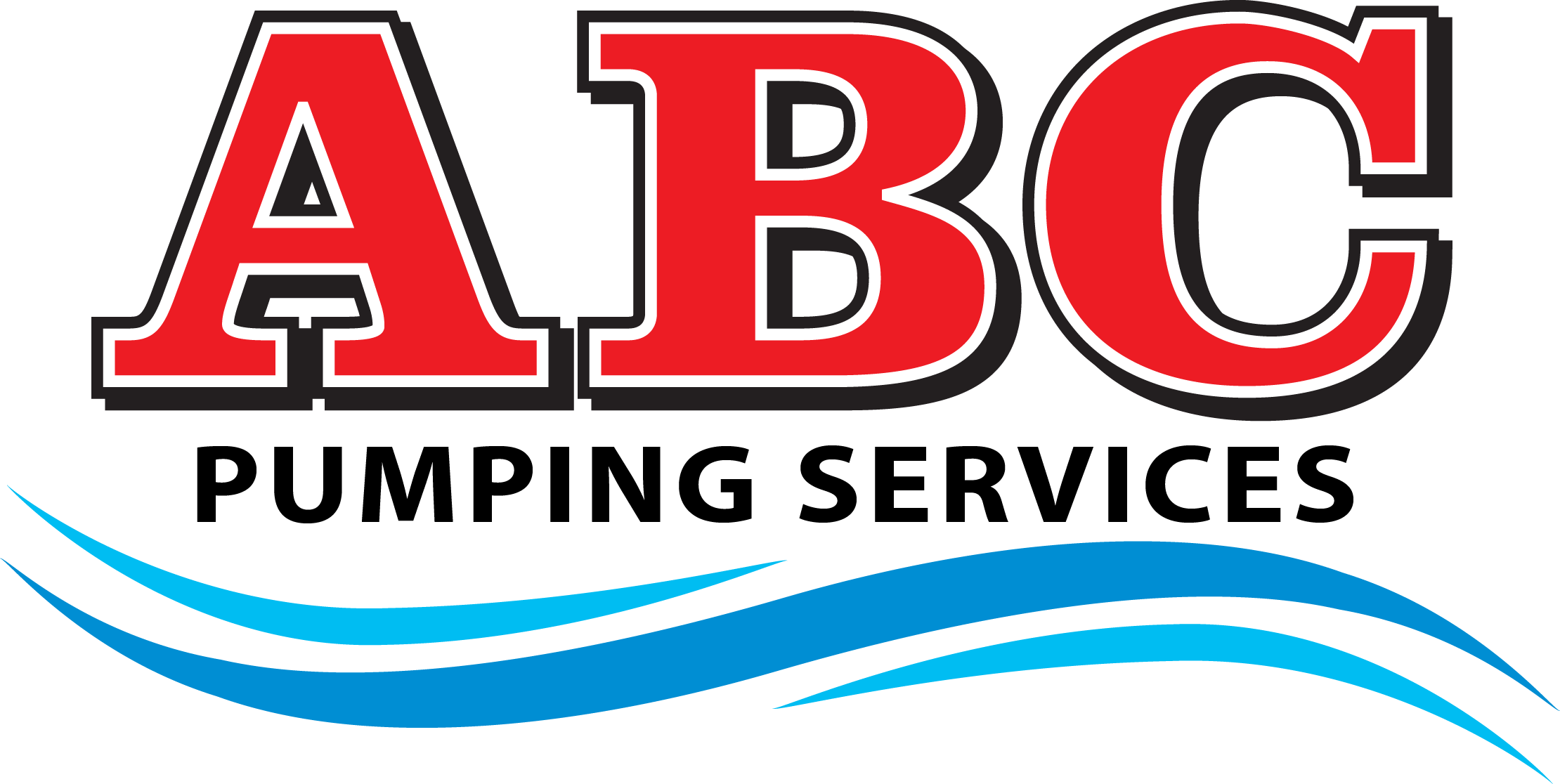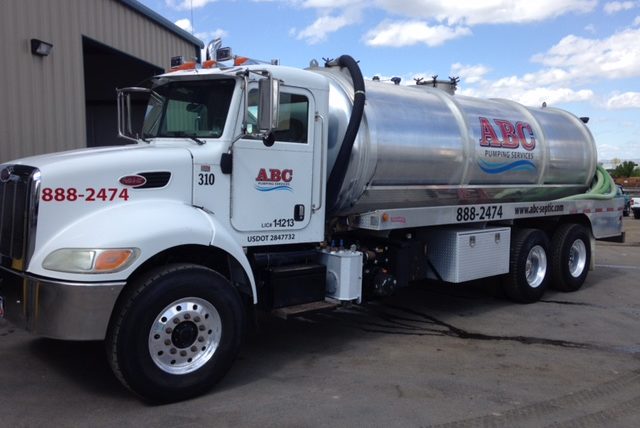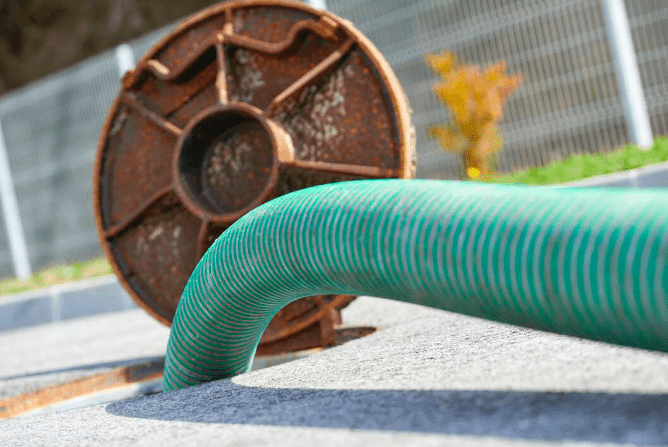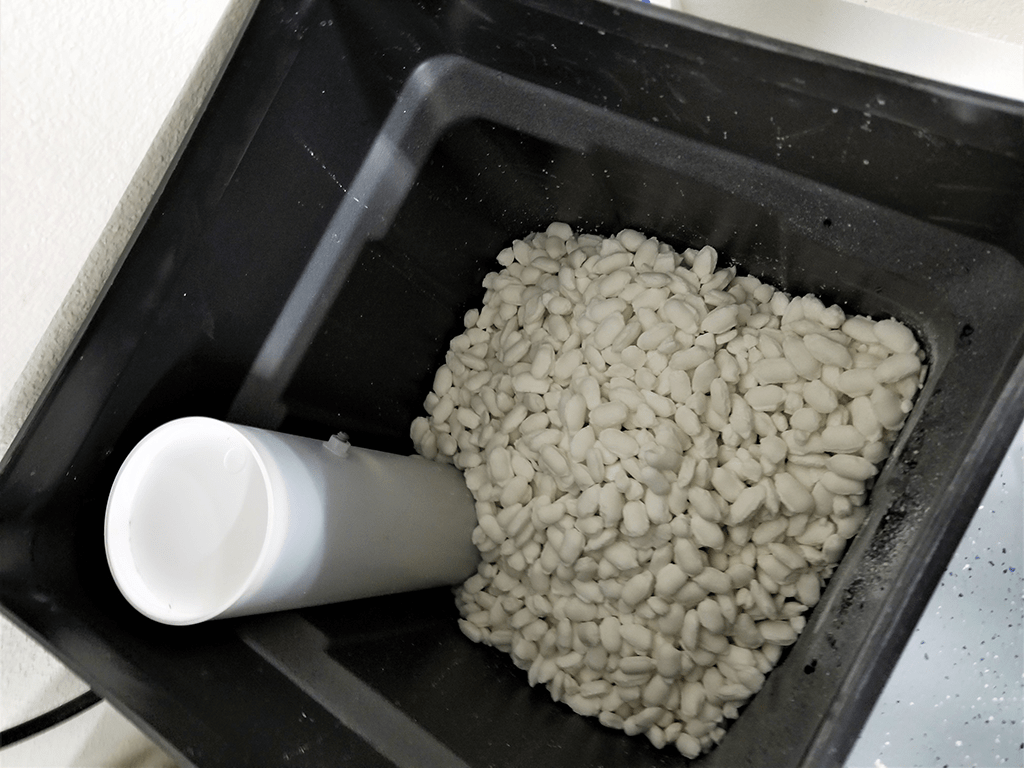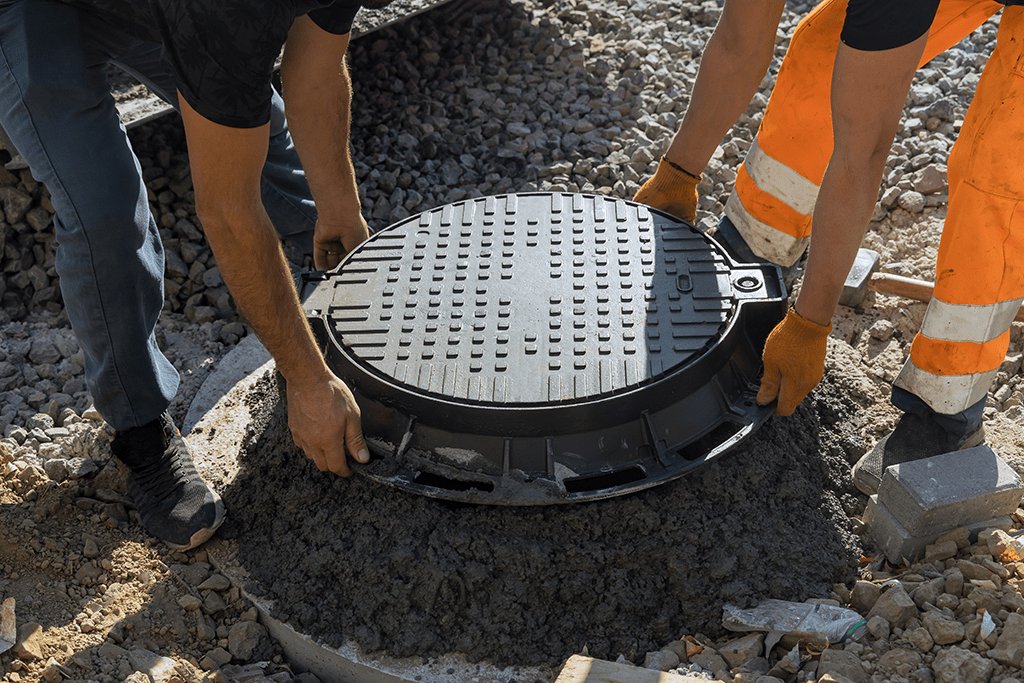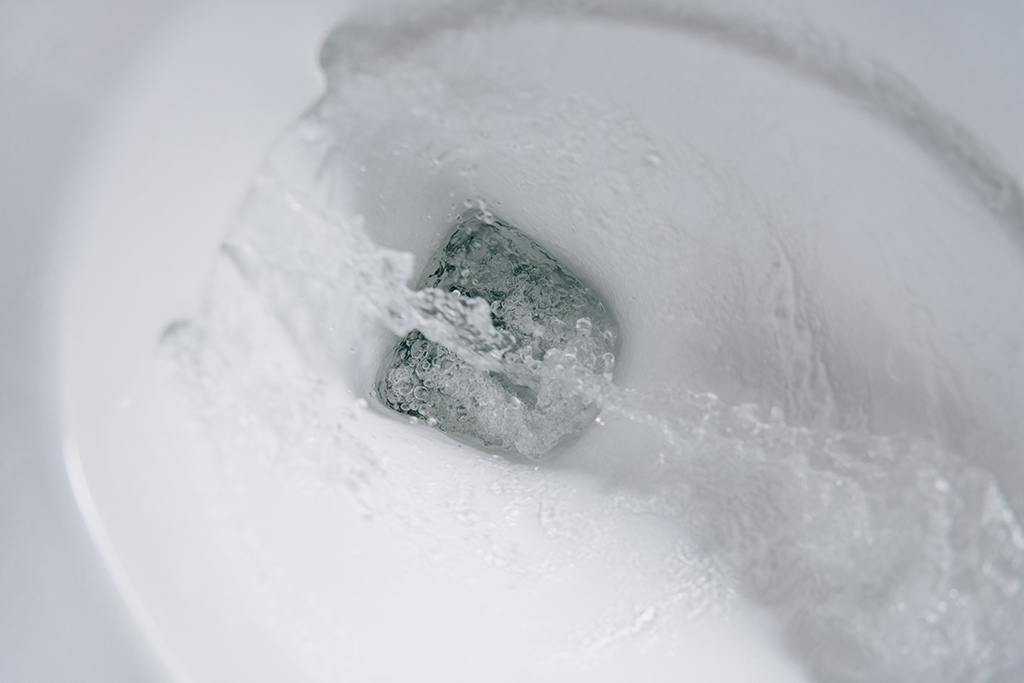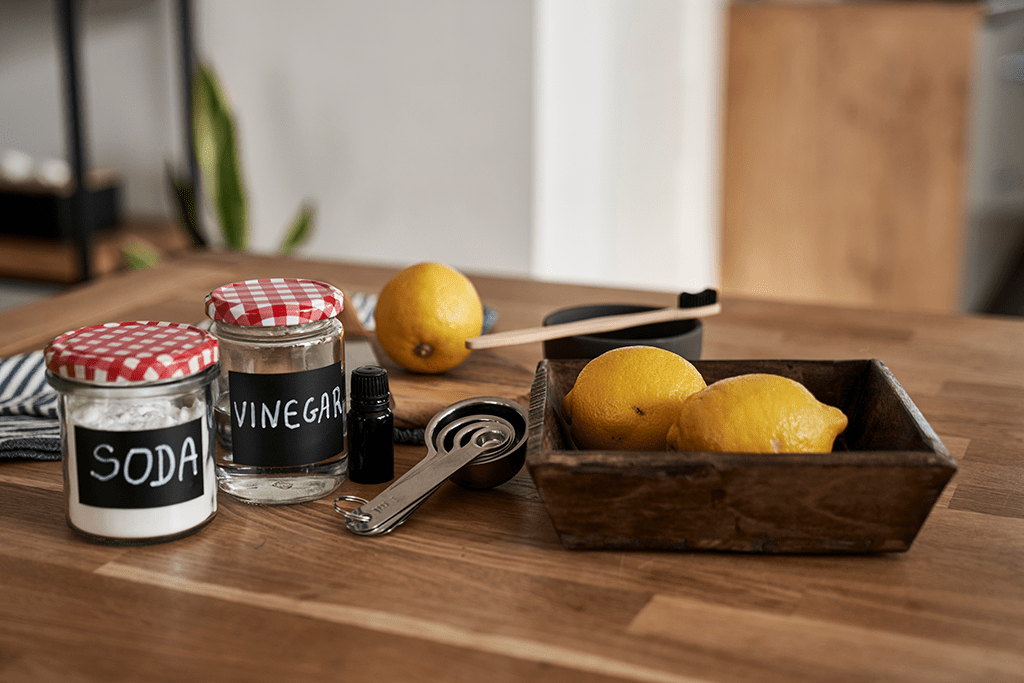You may not think much about what happens after you flush the toilet or run your garbage disposal. That’s good! That means your septic system is working the way it should, and you should strive to keep it that way.
The only way to guarantee that you never have to worry about your septic system is to follow three simple rules, but these are not one-size-fits-all. Instead, each rule should be contextualized for your situation using the following questions.
Ask Yourself…
- How many people live in your home? Less people means less damage or use overtime to your septic system. This will impact how often you need to have it inspected.
- What’s your climate type? For Idahoans, this could range from the dry high-desert to wet pockets during the spring melt. Excess water can accelerate your septic system’s timeline for pumping services.
- How big is your septic tank? The average septic tank ranges anywhere from 750 to 1,250 square feet. This can change how the active bacteria interacts, depending on usage.
With a clear idea of your personal septic situation, you can then apply three rules to overall maintenance.
The Rules
- Schedule Regular Maintenance Checks: Just as your vehicle needs a regular inspection to avoid costly or dangerous failures, your septic system needs an expert overview on a regular basis to avoid total failure, disaster, and costly damage.
Depending on how many people live in your home, schedule your septic tank for pumping and inspection every three-five years. This is usually when the septic tank system’s sludge has filled at least one-third of the tank, according to the Environmental Protection Agency, who recommends this time table. If you allow this level to continue to rise without inspection or cleaning, you run the risk of overflow, failure, and inhospitable ecosystem for the tank to do its job. The result could be an expensive, smelly repair. - Don’t Introduce Contaminants: Only flush human waste and toilet paper down your toilet, and only use soap and safe cleaning on your skins and drains. Only send mild food substances, like fruit pieces, down your garbage disposal. Not adhering to this could be detrimental to the ecosystem of your septic.
Undigested food makes it terribly difficult for the good bacteria in your septic system to do its job. This bacteria needs a healthy ecosystem to thrive and break down the items in your tank. Food products — like bones, grains, oils, and coffee grounds — should never enter your septic system in an undigested form as these can clog and erode your system.
Furthermore, products used to clean and kill bad bacteria on sinks and in toilets can also kill good bacteria in your septic. Look for septic-safe cleaning products, including those that do not contain benzene. - Be a Considerate Water Consumer: Access moisture can fill-up a septic tank faster, but you can’t control the weather or your climate. However, homeowners should be aware of how their own water habits influence the septic system. For example, doing your laundry in one large batch can put a lot of strain on your septic system, as it collects the excessive amounts of water and soap all at once. Instead, do your laundry throughout the week to avoid introducing an onslaught of moisture at one time.
In addition, mindful of the time of day when you do laundry or run the dishwasher. Most household water systems are most active before work each morning and at night before bed. When you combine that with a washing machine or the dishwasher, that’s a lot for your tank to take on. Run the dishwasher or washing machine in the middle of the day or before bedtime to avoid this added pressure.
For more than 70 years, the Treasure Valley has trusted the experts at ABC Pumping Services to protect their systems. If you have questions about proper maintenance or would like to schedule your next maintenance check, give us a call today!
